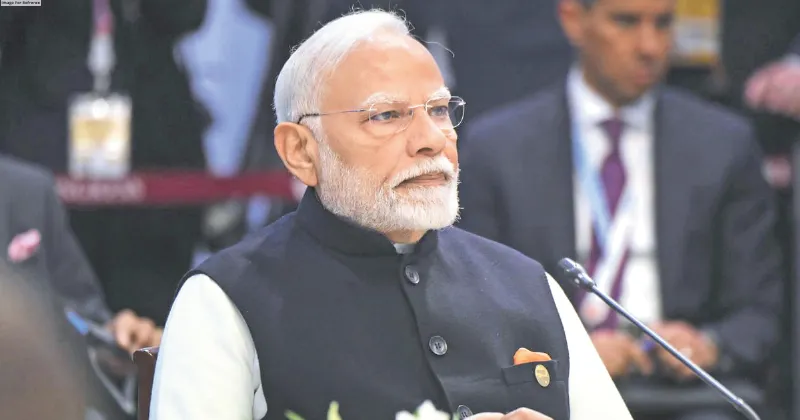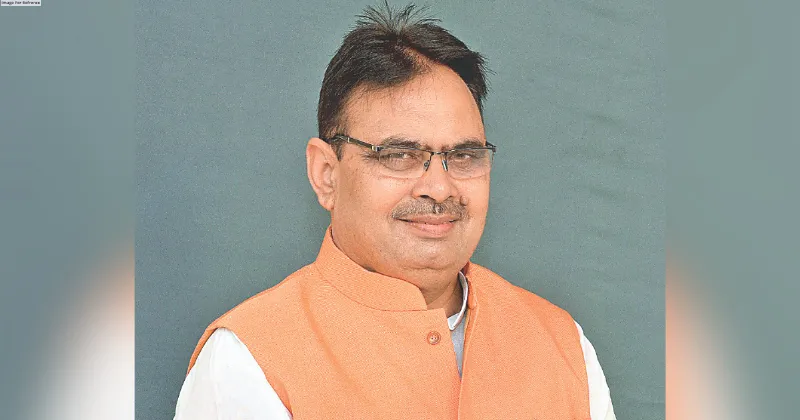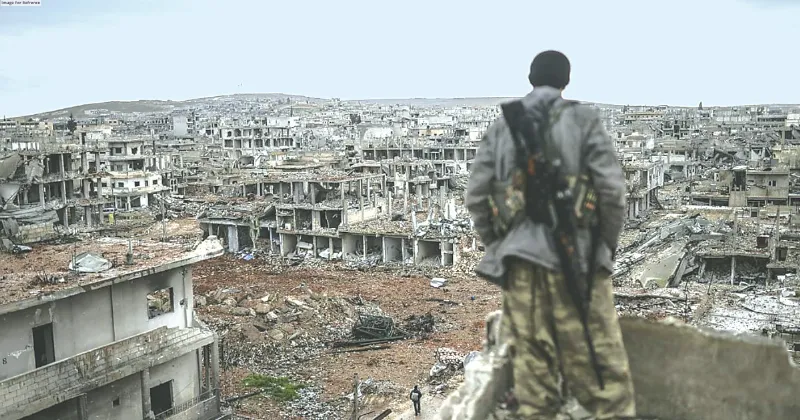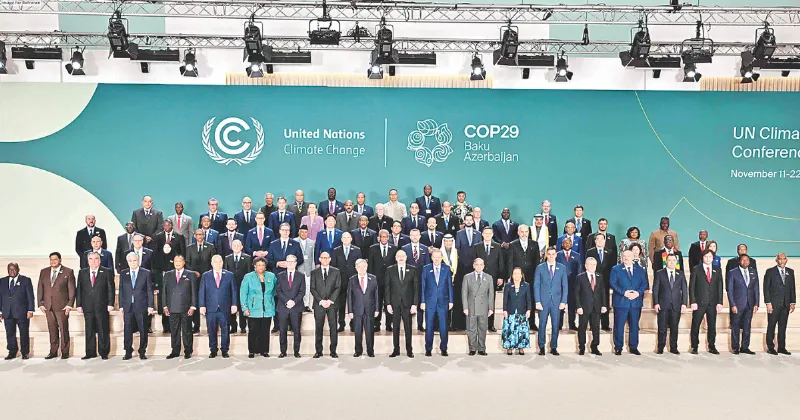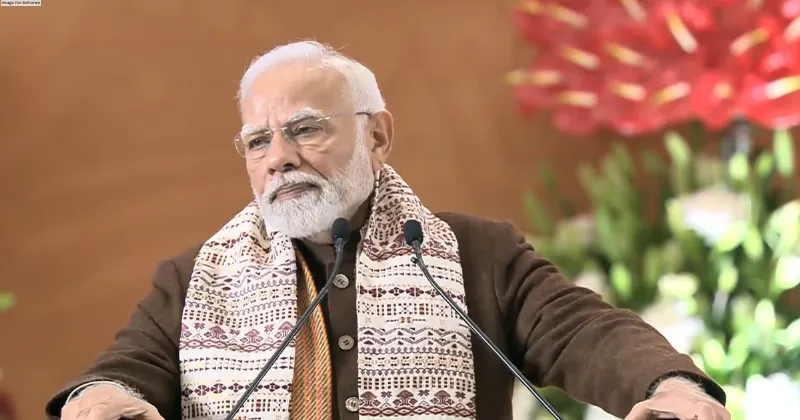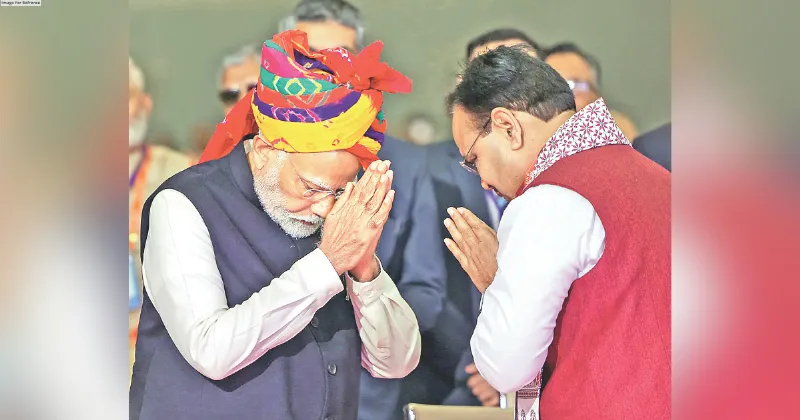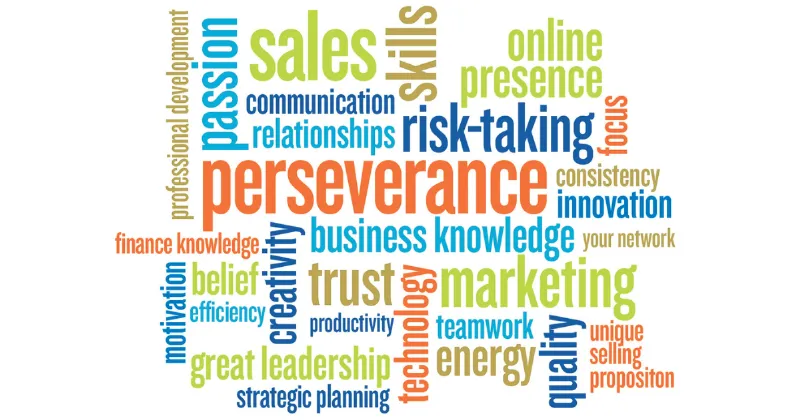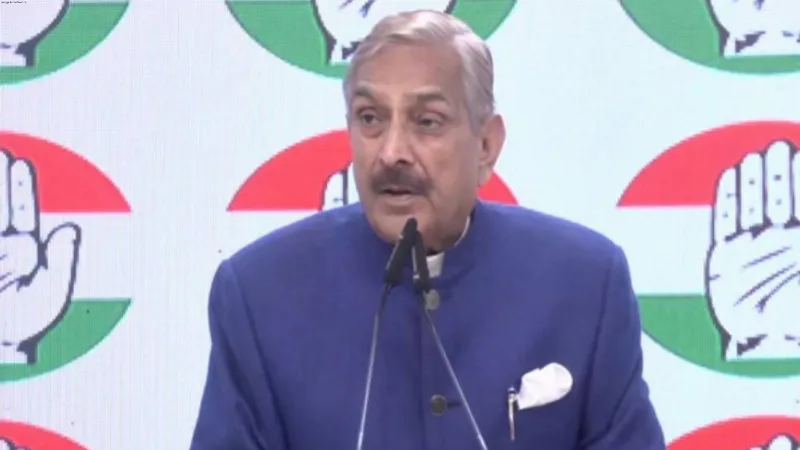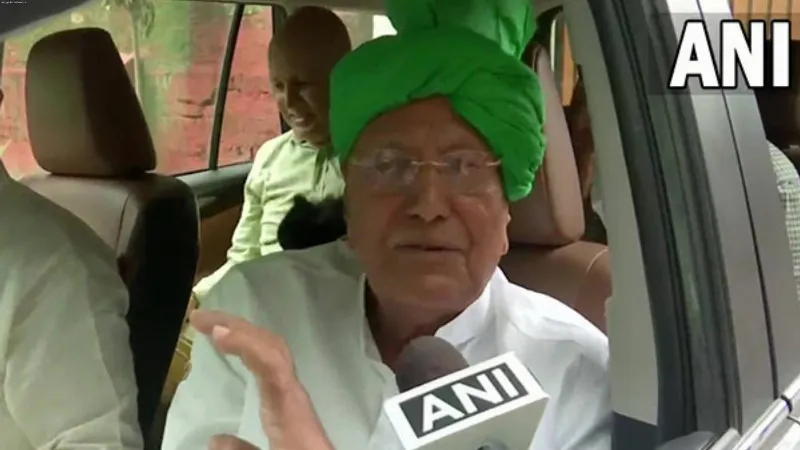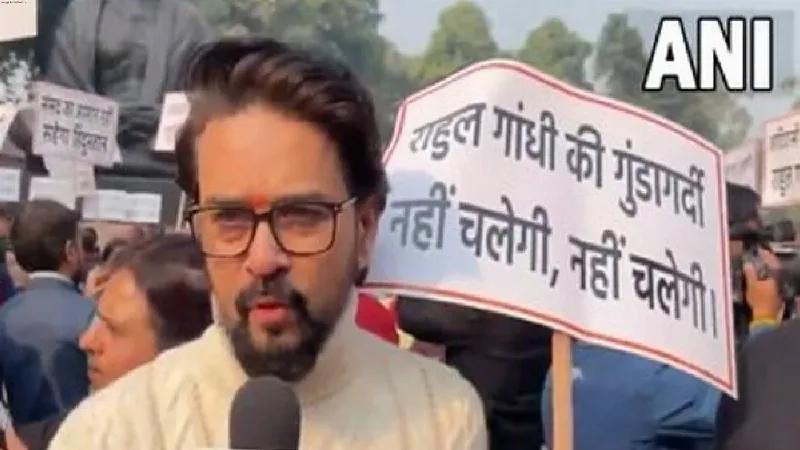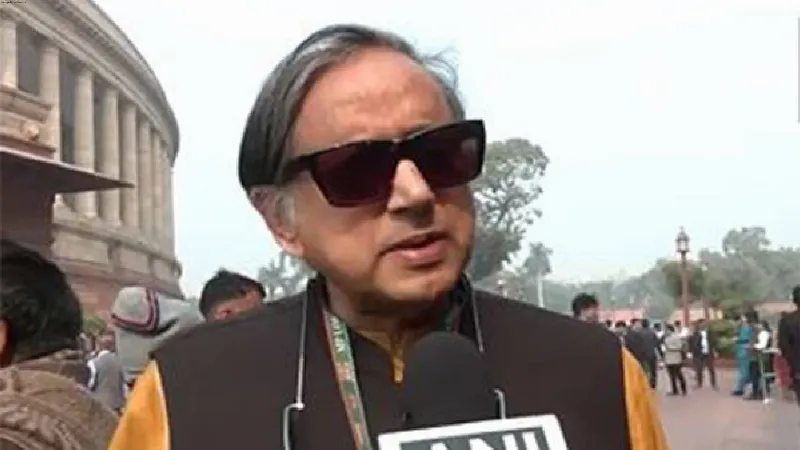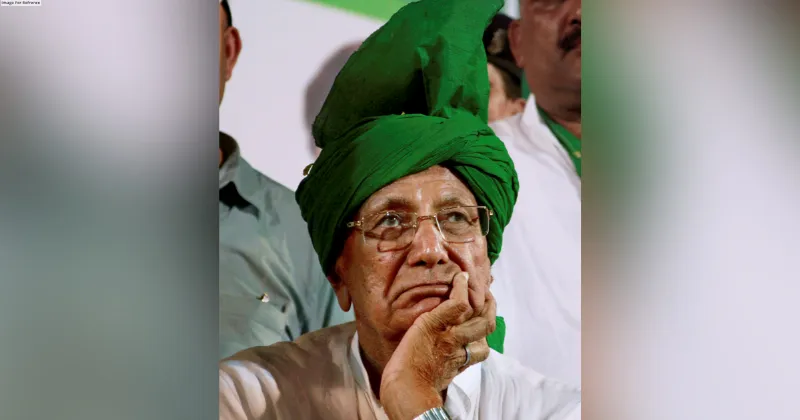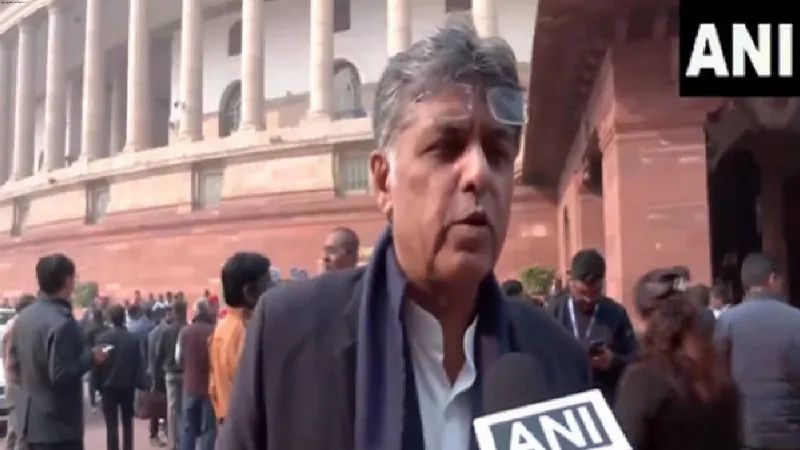HOW TO LOSE YOUR FEAR OF THE UNKNOWN
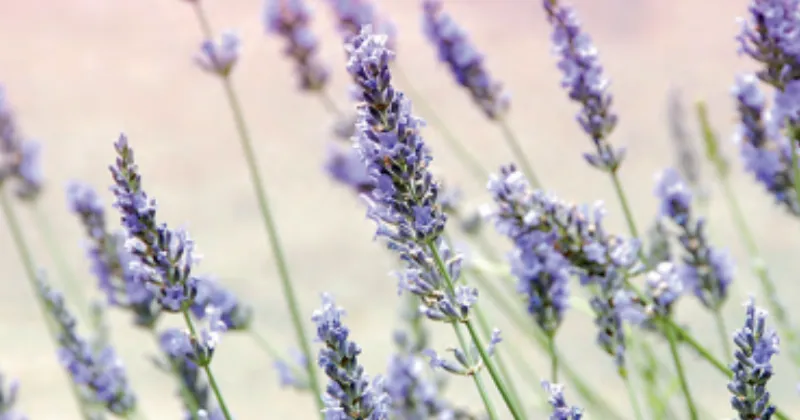
Life is unpredictable, and if you reflect on this fact, you will welcome it. Unpredictability allows for the emergence of everything new, fresh, original, and creative. A predictable life could be programmed into a robot, and human beings can’t tolerate a robotic existence. Yet we go out of our way to make everyday life as predictable as possible. That contradicts the nature of life, so why do we do it?
The most obvious answer is that making life predictable feels safe. Once you set in place your fixed beliefs, opinions, habits, likes, and dislikes, much of your day can run on autopilot. But all that you’ve created is a comforting illusion. Beneath the veneer of security lies something far more powerful, fear of the unknown. On the existential side, there is fear of death, the ultimate unknown. Most people find it possible to suppress their fear of death. What they fear are more everyday concerns. I’m sure you know people who say they hate surprises, for example, and others who won’t try anything on a restaurant menu that is different from what they know they like.
On a larger scale, we’re always being told that we live in uncertain times. Everything from stockpiling nuclear weapons to closing borders, fearing immigrants, and buying huge insurance policies express our desire to become safe from the unknown.
But in doing that, even when buying insurance is a good idea and stockpiling thousands of atom bombs is an insane one, the real issue is that to fear the unknown is to fear life itself. You can’t have the good things that unpredictability brings—the fresh, new, original, and creative—while also fearing uncertainty. What spiritual traditions call “the wisdom of uncertainty” isn’t a mystical notion. It’s the acceptance of a basic fact: Life without unpredictability isn’t life, not for human beings.
Uncertainty is the source of an enormous power that most people never tap into. Instead of using the power of uncertainty, we run away from it. Unwittingly, we sacrifice something precious, which the English writer Aldous Huxley called the whole mind. Each of us as a birthright was given a whole mind, Huxley declares, but we spend our lives squeezing the mind through a reducing valve, like squeezing a water main down to a trickle. If you watch yourself closely you will see how effectively you’re applying the reducing valve every day. You do this through force of habit, as mentioned earlier, but also by denying yourself all kinds of experiences through caution, fear, and wasted time.
What is the evening news but blasts of anxietyprovoking accidents, catastrophes, and things generally going out of control? It hardly seems possible that uncertainty contains hidden power we’d want to tap into. But as soon as you stop relying on the reducing valve, your awareness can expand. This paves the way for an “Aha” moment, when it hits you personally that you deeply want creativity, discovery, curiosity, beauty, joy, love, spontaneity, and newness.
That’s the tipping point when you stop running away from uncertainty because you can’t do without it. It is the infinite source of possibilities within your awareness. The whole point of being here, alive in the present moment, is that the now renews itself by its very nature. The next instant is a fresh possibility, capable of delivering something from the unknown. As long as the unknown frightens you, however, you will not tolerate newness, because uncertainty triggers anxiety. What should be a source of joy in the eternal now turns into worry over what might go wrong next. In order to embrace uncertainty, you have all kinds of possibilities.
First, embrace creativity. Any creative activity puts uncertainty to use. The greatest poems begin with a blank sheet of paper and the greatest art with a blank canvas. These are symbols for the true nature of life, which needs to be renewed by starting from an open, receptive mind. Stop focusing on worst-case scenarios and old bad memories. When they arise, say to yourself, “That’s not me anymore. I am here now.”
Realize that the past and the future have no tangible reality compared with the present, where reality unfolds. Use memory where it is useful; don’t let memory use you. When you find yourself being distracted, stressed, or pressured, immediately take time out. Find a quiet place, close your eyes, and breathe normally until you are more centered. Reframing uncertainty and staying centered are both important, so I hope you take seriously that fearing and fighting against life’s uncertainties isn’t the right way to exist. Yet there is something more important, the thing Huxley called whole mind. When we reduce our choices to small, manageable decisions, we deny whole mind and therefore ensure that our lives won’t be whole.
Wholeness is all-embracing. You cannot become whole. You are whole already, and once you attune yourself to that reality, the power of uncertainty can be trusted. When you live with constricted awareness, which is the result of the reducing valve, you are watching life through a narrow window. You might accept this diagnosis but still see no way out. There is only one way out: You must trust existence, meaning that you feel reality is on your side. What you want to do, is actually good for you. By expanding your awareness, you exchange a narrow window for a panoramic view.
If you can experience that reality is on your side, you will have accomplished the goal of every religion, metaphysical school, and spiritual tradition. Enlightenment comes down to the simplest of all realizations: Everything is OK. You can get to that place where everything is OK. It takes a journey, but the journey is entirely within yourself, where the power of uncertainty awaits as your strongest ally. Take any step toward trusting yourself, and you are closer to the goal of trusting life itself.
THE VIEWS EXPRESSED BY THE AUTHOR ARE PERSONAL
Deepak Chopra, The writer is MD, FACP, FRCP founder of the Chopra Foundation, a non-profit entity for research on well-being and humanitarianism, and Chopra Global



